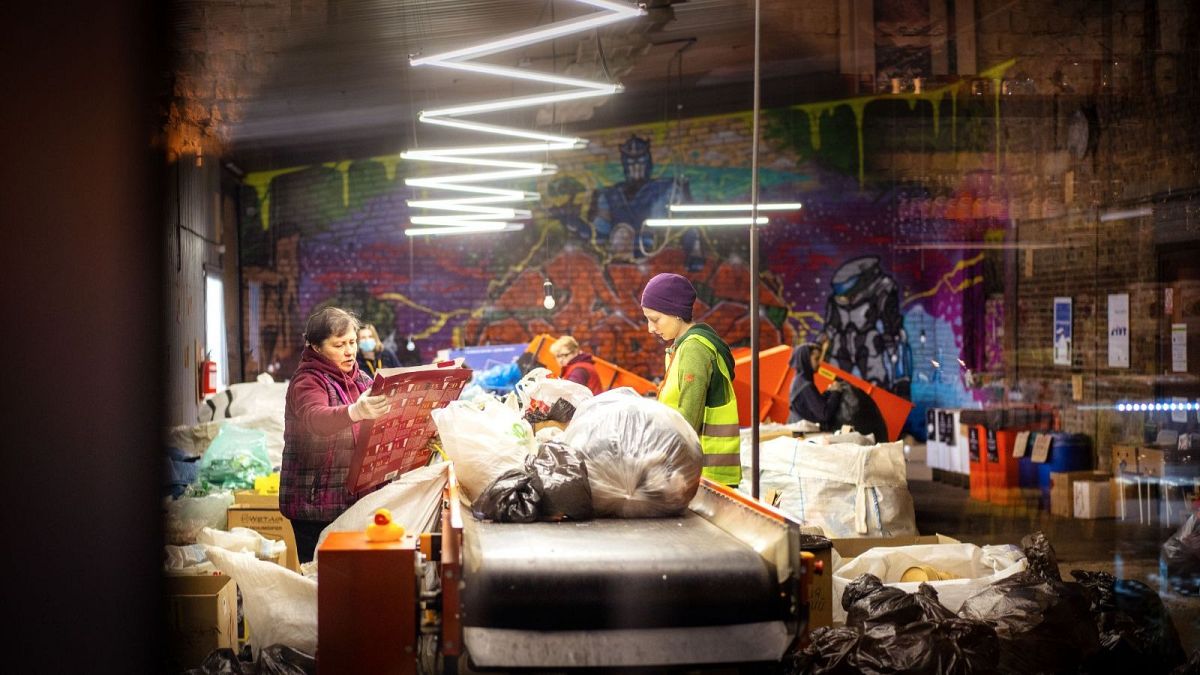

In a world increasingly aware of the importance of sustainable practices and peaceful resolutions, recent events illustrate the power of community-driven initiatives and diplomacy in fostering positive change. Two significant developments highlight these efforts—the innovative approaches to plastic recycling championed by grassroots communities, and the reclaiming of natural landscapes by indigenous populations—and a diplomatic exchange that underscores the importance of dialogue and cooperation.
The pressing issue of plastic pollution has been met with a creative and inclusive solution by the Precious Plastic community, an initiative that has successfully recycled approximately 1,400 tonnes of plastic in just one year. This collaborative network utilizes open-source technology, empowering individuals and communities around the globe to engage in DIY plastic recycling. Such community-driven efforts not only contribute significantly to reducing pollution but also promote widespread environmental responsibility and education. The accessibility of open-source tools enables diverse communities to adopt and adapt recycling strategies suitable for their unique contexts, fostering a global movement towards sustainable living.
Complementing these grassroots environmental efforts is an inspiring milestone achieved by native communities along the Klamath River in the United States. Following the removal of four dams between 2023 and 2024, the river flows freely once again, allowing for the return of the salmon and facilitating the longstanding cultural practices of the Native American tribes along its banks. This rejuvenation of the river ecosystem has been marked by events such as kayaking trips, organized by Native American teens, celebrating both ecological restoration and the cultural resurgence enabled by these changes. The removal of the dams demonstrates the profound impact of respecting and restoring natural water flows on biodiversity and indigenous traditions, reaffirming the interconnectedness of environment and culture.
In another part of the world, diplomatic efforts have borne fruit in a humane and constructive exchange. Venezuela’s release of ten detained Americans in exchange for the repatriation of Venezuelan migrants marks a diplomatic success achieved through negotiation and mutual understanding. This exchange not only resolves a long-standing issue but showcases the potential for diplomacy in addressing complex international challenges. Spearheaded by leaders from both Venezuela and the United States, this agreement reflects a commitment to resolving conflicts through peaceful negotiation, ensuring the dignity and rights of individuals involved are upheld. The successful swap also highlights the evolving landscape of international relations, where cooperative dialogue can bridge divides.
These developments, though diverse in nature, share a common thread: they illustrate humanity’s capacity for innovation, compassion, and collaboration. In each instance, individuals and communities have harnessed creativity and cooperation to address challenges and build solutions that not only benefit current generations but lay the groundwork for a more harmonious future. Whether through upcycling waste, restoring ecosystems, or engaging in diplomatic dialogue, these efforts inspire hope and underscore the value of working together toward common goals.
As global communities continue to face complex issues that span environmental degradation to geopolitical tension, these stories serve as reminders of the positive outcomes achievable through mindful action and unity. The synergy between local initiatives and global diplomacy is vital as we seek sustainable and peaceful solutions to the world’s most pressing problems. By nurturing these connections and fostering a culture of empathy and understanding, we pave the way for a future marked by resilience and peace.
Source: {link}
